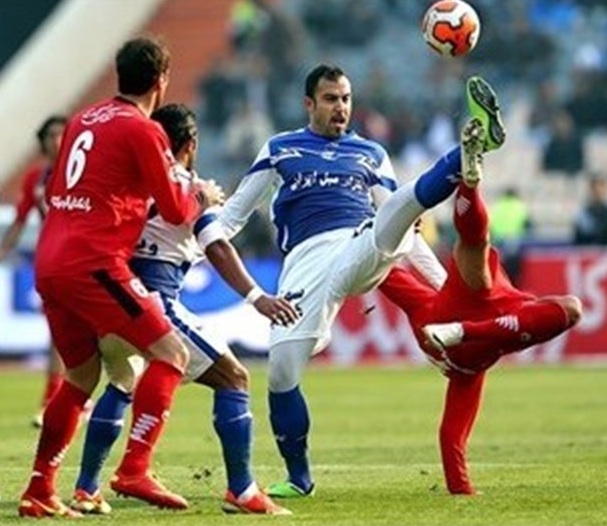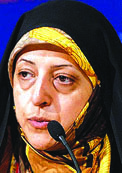January 24-2014
The Islamic Republic carried out 40 executions in the first two weeks of 2014, or an average of three a day, Amnesty International (AI) said last Thursday.
“The spike in the number of executions carried out so far this month in Iran is alarming. The Iranian authorities’ attempts to change their international image are meaningless if at the same time executions continue to increase,” said Hassiba Hadj Sahraoui, Amnesty Internation-al’s deputy director for the Middle East and North Africa.
“The Iranian authorities must urgently take steps to abolish the death penalty, which has been shown again and again not to have any special deterrent effect on crime,” Hadj Sahraoui said.
In the first two weeks of 2014, Amnesty International recorded 21 executions that were officially acknowledged by the Iranian authorities, as well as 19 additional executions reported through what AI regards as reliable sources.
The group said at least one public execution was carried out in that time period—a convicted murderer hanged January 14 in Saveh, Markazi province.
Public executions are routinely carried out in Iran using cranes that lift the condemned person by a noose in front of a crowd of spectators. _The condemned person thus is strangled to death. Other countries that use hanging drop the condemned person so the neck is broken and death is instantaneous.
Under international standards, capital punishment is to be restricted to the “most serious crimes,” essentially those in which someone is killed. But capital punishment is applied largely to drug traffickers in Iran.
Amnesty International also complains that there is no right to a meaningful appeal for drug offences under Iran’s Anti-Narcotics Law, contrary to international standards to ensure that anyone convicted of a criminal offence has the right to appeal the conviction.
“In Iran, drug-related offences are tried in Revolutionary Courts, which routinely fall far short of international fair-trial standards. The reality in Iran is that people are being ruthlessly sentenced to death after unfair trials, and this is unacceptable,” said Hadj Sahraoui.
Taking a position that differs from the international standard, Amnesty International opposes the death penalty in all cases without exception.

















